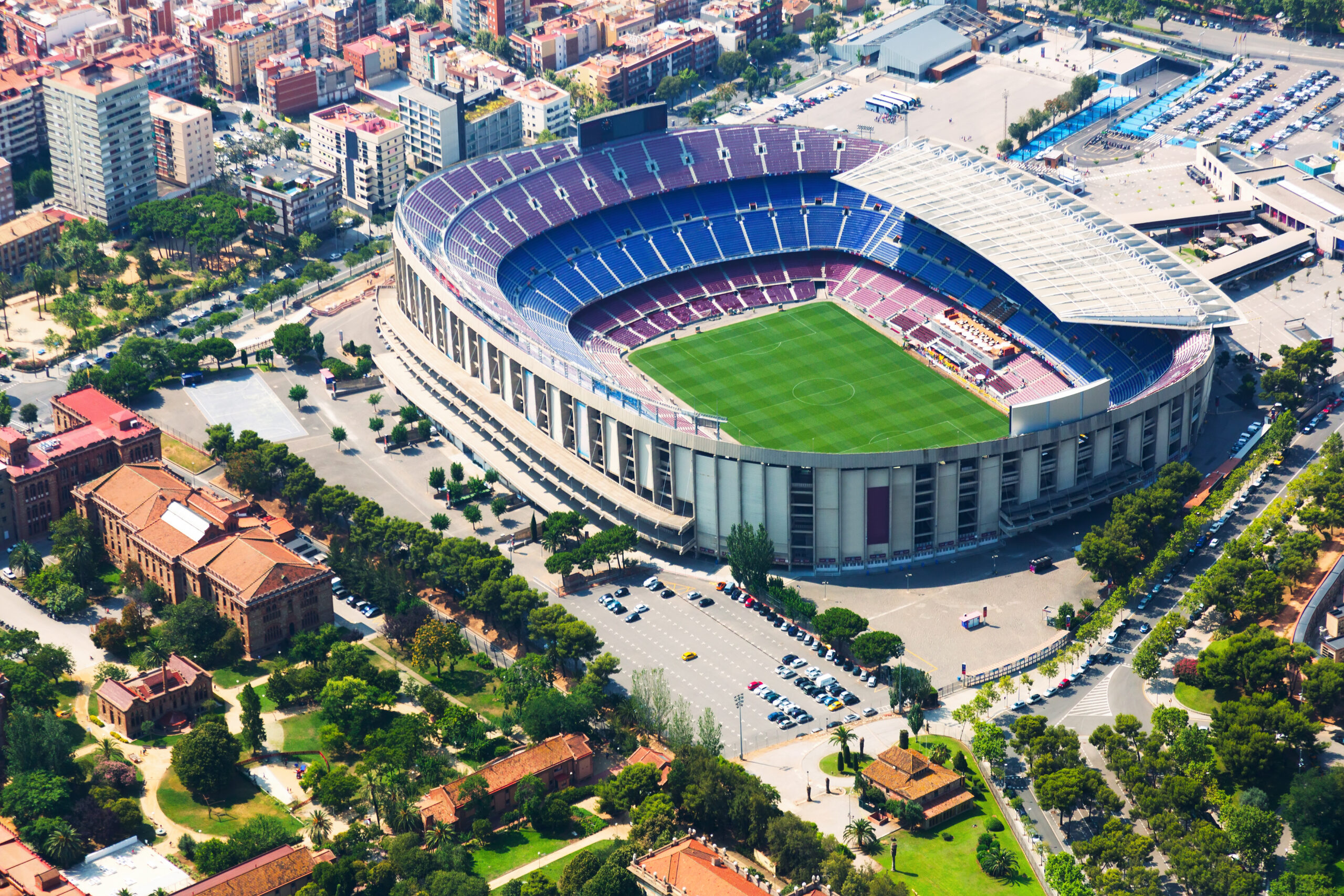By Harry Sidhu
A Lifelong Fan and a Proud Mayor
As someone who has always loved sports, I know firsthand the kind of energy a team can bring to a city. Whether it’s baseball, hockey, basketball, or soccer, there’s nothing like the buzz in the air when the home team plays. That pride, that spirit, and that unity—sports can bring people together in ways few things can.
When I served as Mayor of Anaheim, home to the Angels and the Ducks, I saw how sports were more than entertainment. They were a part of our city’s identity. But I also learned that running a city means making decisions that strike a careful balance—between civic pride and financial responsibility, between tradition and smart development.
That balance isn’t always easy. But it’s necessary.
The Power of Sports in a City
Let’s start with what sports give to a city. First, they bring people together. Fans of all ages, backgrounds, and neighborhoods unite under one banner when their team hits the field. Sports create memories—of family outings, hometown heroes, and unforgettable wins.
Second, sports teams can be powerful economic drivers. Games bring in tourism, create jobs, and support nearby businesses like hotels, restaurants, and shops. A well-run stadium can anchor an entire district, breathing life into surrounding communities.
But the reality is, stadiums and sports deals aren’t just about emotion. They’re about dollars and long-term vision. That’s where the real challenge comes in.
When Passion Meets Policy
As mayor, I had the privilege—and the responsibility—of being deeply involved in stadium discussions and redevelopment plans. I heard from passionate fans, concerned residents, business leaders, and city staff. Everyone had a stake in the future of our sports venues, especially Angel Stadium, which had stood in Anaheim since 1966.
The big question was always the same: how do we honor our history and love for the team while making sure any deal benefits the people of Anaheim?
You can’t just chase headlines or sign flashy deals. Public officials have to look at the big picture—what’s the cost, what’s the return, and how does it help the average resident? Civic pride is important, but not at the expense of public trust or financial health.
Redevelopment Isn’t Just About a Stadium
One thing I always tried to emphasize: stadium redevelopment isn’t just about the stadium itself. It’s about the land around it, the long-term use, and the kind of community you want to build.
In Anaheim, the stadium sits on over 150 acres—some of the most valuable public land in the city. That land offers opportunities for housing, retail, office space, parks, and jobs. Any stadium deal needs to look at how the surrounding area will grow, not just what happens inside the ballpark.
When done right, development like this can be a win-win. You keep your team, create new housing and jobs, increase city revenue, and improve the quality of life for residents. But it takes careful planning, honest leadership, and community input.
Transparency and Public Trust
I’ve learned that no matter how good a deal looks on paper, it won’t work if the public feels shut out. That’s why transparency and communication are critical. You have to be upfront about the goals, the risks, and the benefits. People deserve to know what’s being proposed and how it affects their city.
In Anaheim, there was a lot of public debate—and rightly so. People care deeply about where they live, and they should have a voice in major decisions. Leaders must listen, adjust, and be willing to make tough calls with integrity.
Lessons for Other Cities
Every city is different, but the basic principles are the same. If you’re a mayor or city council member dealing with a stadium issue, here’s my advice:
- Start with the community. What do your residents need most—jobs, housing, public space? Let those needs guide your strategy.
- Think long-term. Don’t just think about today’s headlines. Think about what the city will look like in 10, 20, or 30 years.
- Negotiate hard but fair. Teams bring value, but so do cities. Don’t give away public land or money without getting real benefits in return.
- Stay transparent. Public trust is everything. Without it, even the best deal will fall apart.
Building a City That Works for Everyone
I love sports. I always will. I want Anaheim—and cities like it—to keep their teams and celebrate their champions. But I also want cities to grow wisely, invest in their people, and make decisions that stand the test of time.
Civic pride and smart development can go hand in hand. You just have to be willing to do the hard work, have the hard conversations, and keep your focus on what really matters: building a better future for everyone who calls your city home.
That’s the goal I pursued as mayor. And it’s the kind of leadership I believe every city deserves.
